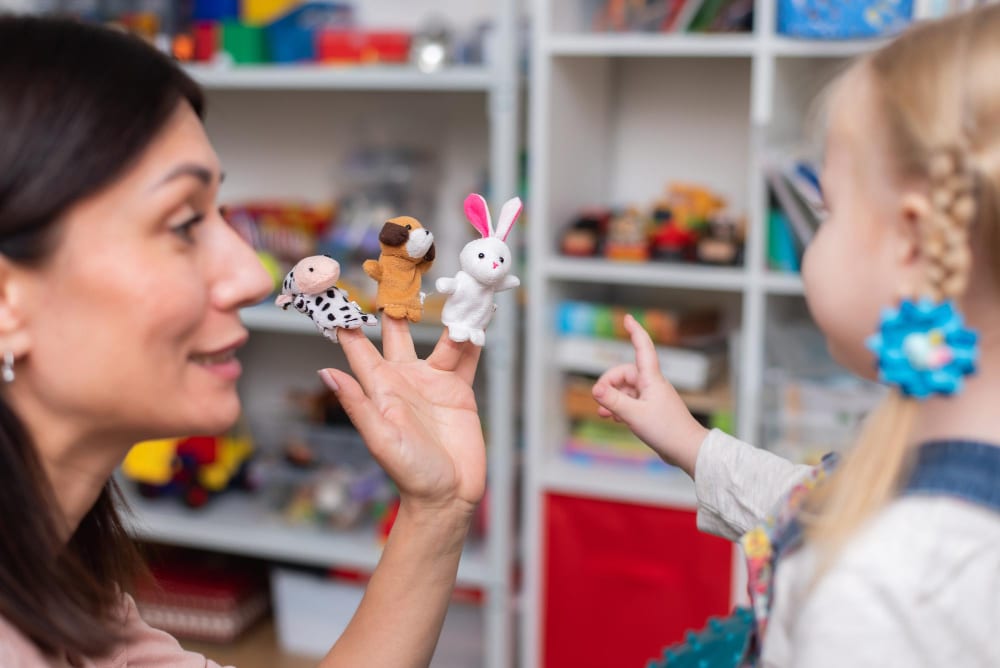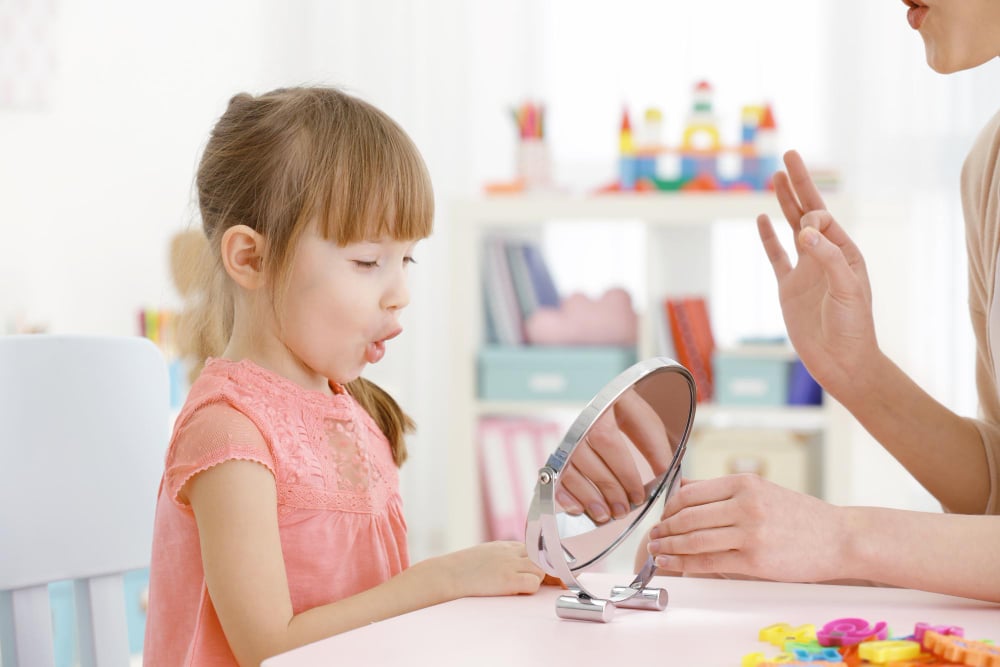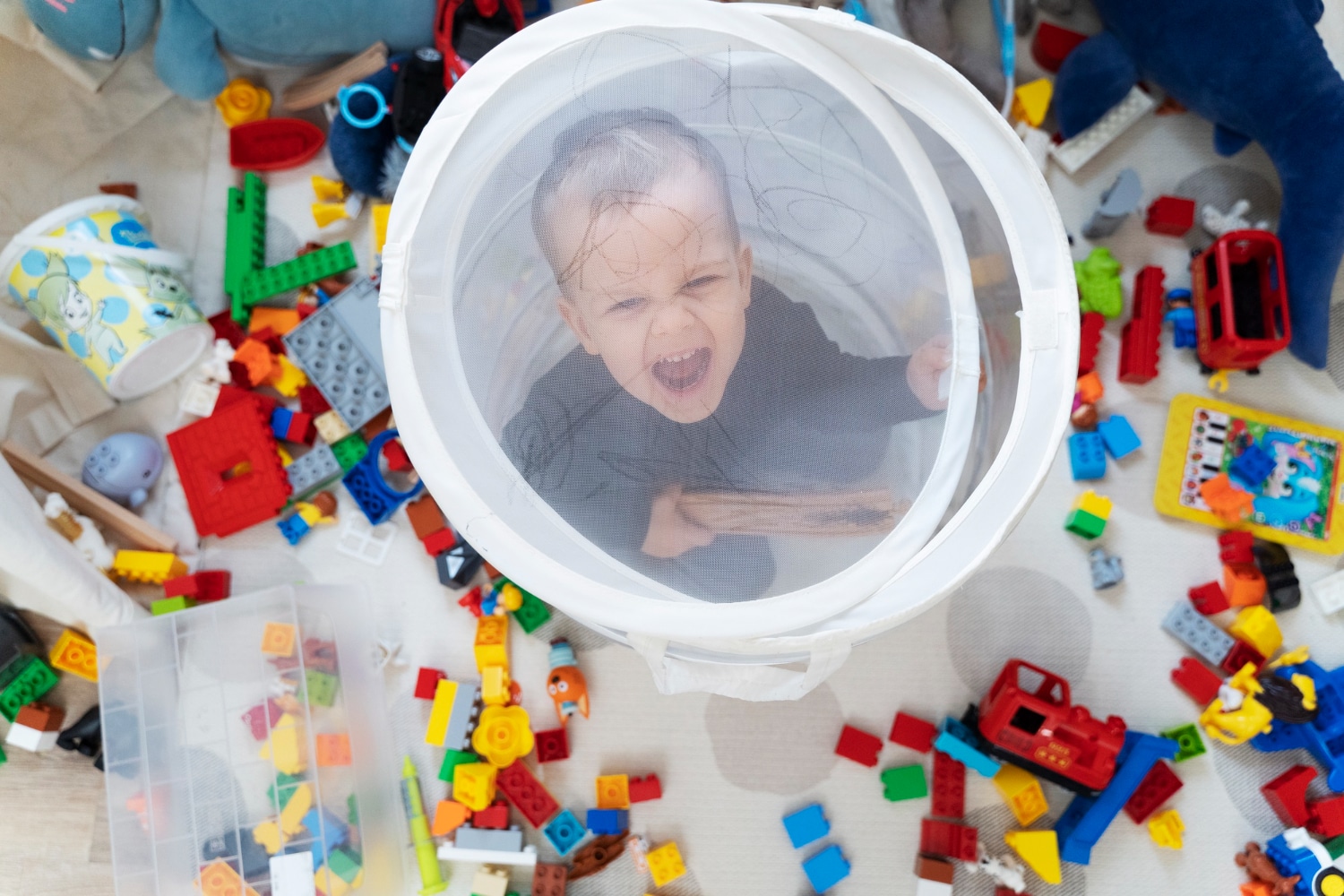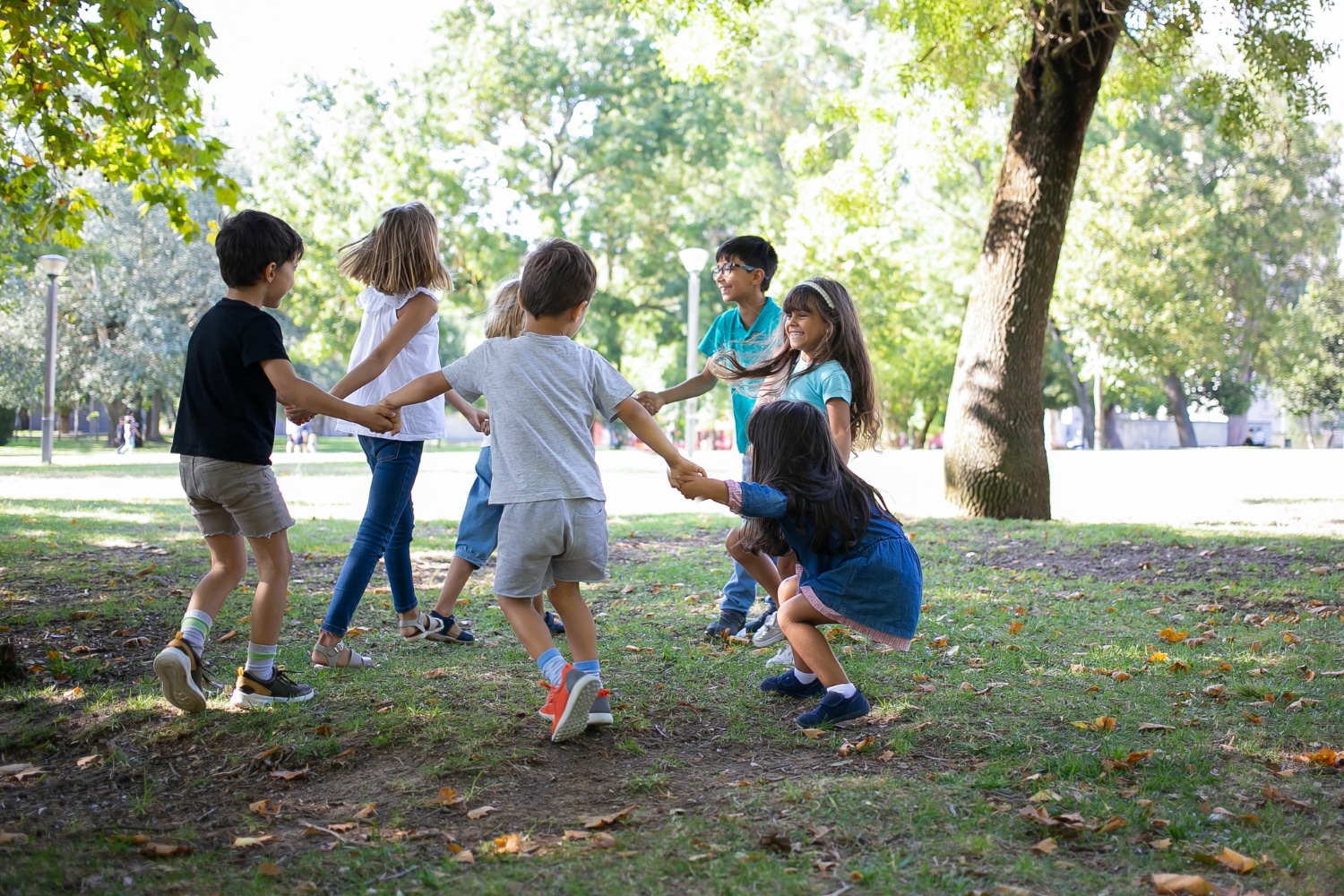Speech Pathology helps children with vital communication skills, including language development, speech development, voice concerns, and even non-verbal communication.
It addresses problems such as speech and language delays or disorders while providing children with a voice and means of communicating.


Speech Pathologists use strategies to address a range of concerns, including:
A Speech Pathologist will work collaboratively with parents and caregivers to understand the concerns and needs of the child. The Speech Pathologist will then conduct informal and formal assessments to gauge the child’s current language and/or speech levels, and will work with parents or caregivers to set goals for the therapy.
Sessions can be conducted in clinic, at home, in the child’s educational setting or even familiar places like a local park. Speech Pathologists work with a child’s interests to engage with them meaningfully through play. Toys, art supplies and visual aides are used to help facilitate the building of language skills.
For school-aged children with greater attention, sessions sometimes include sitting at a desk and using a whiteboard to explicitly teach.
No matter the age of the child, the strategies used are easily modelled and supported by parents and caregivers, creating more opportunities for targeted skills to be strengthened through regular practice.


Building a skill takes time and practice, so while the strategies to promote and strengthen a skill are implemented during therapy, the standard therapy session is only 45 minutes long!
Parents and caregivers are encouraged to be hands on and participate during sessions so that they are confident to recreate the exercises and strategies in the home. Handouts and visual aides are provided to help parents and caregivers support their child.
WHAT WE DO
Speech pathologists study, diagnose and treat communication and feeding difficulties, including difficulties with speech, language, stuttering (fluency), voice and picky eating.
WHO DO WE WORK WITH?
Children between the ages of 0-10 years and their caregivers to model strategies to help develop communication and feeding skills.
WHAT GOALS/AREAS DO WE ADDRESS?


IN A SESSION…
WHO CAN BENEFIT
At bestchance we work with children and the parents/educators of the children who experience emotional, social, cognitive, and speech and/or language difficulties.

"*" indicates required fields